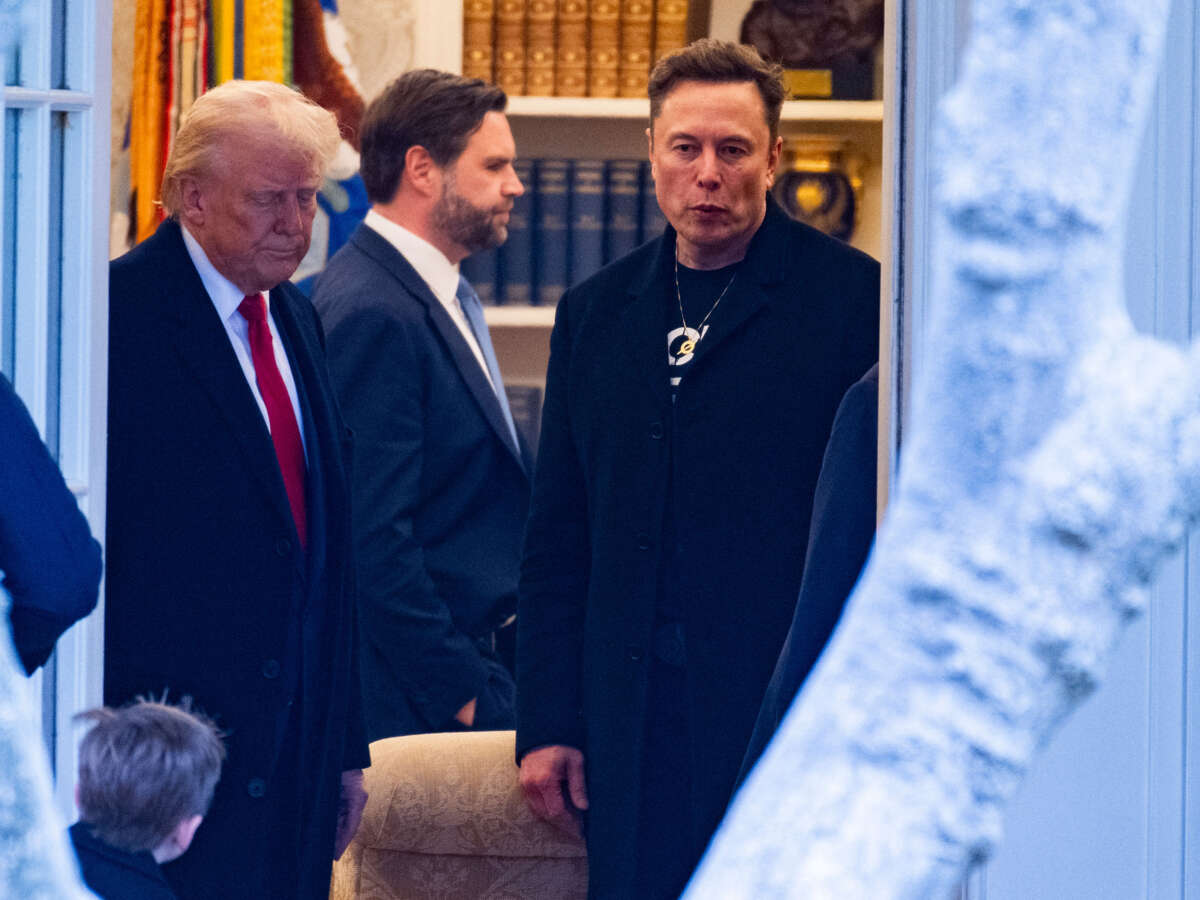ARTICLE AD BOX
BRUSSELS — The European Union is planning to slash natural gas purchase targets — even as U.S. President Donald Trump insists that buying more gas is the only way to end his trade war.
On Tuesday, EU countries advanced plans to loosen mandatory goals for refilling storage facilities ahead of winter — a bid to pay less for supplies, four diplomats told POLITICO.
The move flouted White House demands that the EU spend a colossal $350 billion more on American gas to address a perceived transatlantic trade imbalance. But Trump has issued the dictate before, only to essentially ignore European overtures toward a deal and impose tariffs anyway. Those tariffs are now exacerbating the economic anxiety driving Europe to explore energy cost savings.
Seven countries — France, Germany, Italy, Austria, Hungary, Slovakia and the Netherlands — led the charge to rein in gas purchase goals, advocating lowering a 90-percent-of-capacity storage target to 80 percent in certain circumstances. They say the higher figure is locking the EU into buying huge volumes of gas, much of it from the U.S., at a time when it is most expensive.
“In these turbulent times and [amid the] ongoing fight for competitiveness, it would be, of course, a better solution [to have greater flexibility] than just to stick to the current targets,” Lithuanian Energy Minister Žygimantas Vaičiūnas said in an interview.
Lower industrial demand “might be one of the potential consequences” of Trump’s tariffs, he added, making it objectively harder for the EU to buy more U.S. LNG.
Energy frenemies
Europe turned increasingly to American LNG three years ago when Russia invaded Ukraine and slashed gas supplies to the continent. The U.S. gas has since become a lifeline for the bloc.
That link is only expected to grow stronger in the coming months. The EU is trying to phase out remaining Russian energy ties and also needs to replace gas that, until recently, arrived via Ukraine.
“The EU will have to buy more American gas to make up for lost Russian supplies,” said Laura Page, a leading market analyst at intelligence firm Kpler. “Reducing the storage target will put less pressure on Europe’s gas imports this summer, which weighs on prices — meaning a better deal for the EU.”
At the current refilling rate, Kpler data shows EU stores are likely to reach only 78 percent of capacity by this winter. To reach 90 percent the EU would have to overpay for gas in the coming months, Page said.
Trump’s tariffs are also prompting predictions of industrial decline, with EU exporters facing a 20 percent levy on all goods they ship across the Atlantic.
Less industrial activity means less need for fuel. A new analysis from intelligence firm ICIS estimates that gas demand will decline 3.6 percent this year and that prices will drop 3.5 percent as well.
 Donald Trump’s tariffs are also prompting predictions of industrial decline, with EU exporters facing a 20 percent levy on all goods they ship across the Atlantic. | Morris MacMatzen/Getty Images
Donald Trump’s tariffs are also prompting predictions of industrial decline, with EU exporters facing a 20 percent levy on all goods they ship across the Atlantic. | Morris MacMatzen/Getty ImagesThe new U.S. tariffs could approach “Great Depression levels,” said Andreas Schroeder, head of energy analytics at ICIS.
And the tariffs, Schroeder added, “will have widespread, longer-term implications for European energy markets.” A resulting drop in industrial demand will likely reduce “spot LNG deliveries into Europe,” again meaning less business for American producers.
Still, EU officials have been holding talks in Washington in recent weeks to try to reach a deal to buy more LNG, but those overtures have gone nowhere. Privately, diplomats have expressed frustration that U.S. officials were uninterested in negotiating despite concrete offers to buy more gas.
Trump’s $350 billion energy purchase demand, issued late Monday, also goes far beyond a realistic negotiating stance. Buying that much in gas would translate to almost 16 million barrels a day — higher than America’s current total daily output of around 13 million barrels.
“Regarding the $350 billion, what is important is that energy contracts are made based on demand and price, and these are factors that do fluctuate,” said Anna-Kaisa Itkonen, a spokesperson for the European Commission, the EU’s executive. “Therefore, it is very, very difficult to peg any comments on one number that has been given from the U.S. side.”
Douglas Busvine contributed reporting.
.png)
 1 week ago
2
1 week ago
2








 English (US)
English (US)